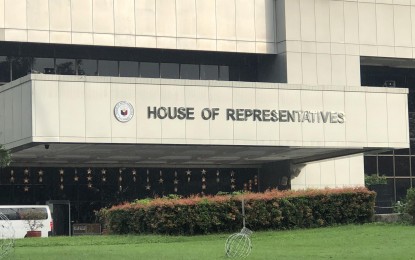
MANILA – The House Committee on Ways and Means on Monday approved the fiscal provisions of a bill creating the Philippine Atomic Regulatory Commission (PARC).
The bill proposes the creation of the PARC that will regulate all activities and facilities involving sources of ionizing radiation, which include nuclear and radioactive materials, as well as facilities and radiation-generating equipment commonly used in the medical and industrial sectors.
The country currently has two regulatory bodies that deal with ionizing radiation.
The Department of Science and Technology-Philippine Nuclear Research Institute (DOST-PNRI) regulates nuclear and radioactive materials and facilities, while the Food and Drug Administration's Center for Device Regulation, Radiation Health and Research (FDA-CDRHR) under the Department of Health regulates radiation-generating devices, such as X-ray machines.
DOST Secretary Fortunato de la Peña has stated in previous hearings that no less than the International Atomic Energy Agency (IAEA) has repeatedly emphasized that regulatory functions should be separate from promotion and research work, hence the proposed creation of PARC as a separate regulatory agency from PNRI.
The bill seeks to rationalize and harmonize the regulatory functions of the PNRI and FDA-CDRHR.
Deputy Speaker Sharon Garin, one of the authors of the bill, said the independent regulatory framework will help decide on issues affecting public health and safety protection of the environment and nuclear security and safeguards.
"The proposed measure seeks to create the Philippine Nuclear Regulatory Commission to carry out an independent regulatory framework that will observe nuclear safeguards, and regulate complex nuclear technologies and processes, beyond the influence of entities with self-motivated interests. Such establishment of autonomy will make the public more supportive of the application of nuclear technologies," Garin said. (PNA)
